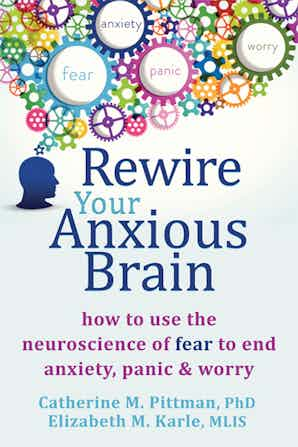ARTICLE
Why Your Brain Hates Other People: And How to Make It Think Differently.
It’s been said, “There are two kinds of people in the world: those who divide the world into two kinds of people and those who don’t.” In reality, there’s lots more of the former. And it can be vastly consequential when people are divided into Us and Them, ingroup and outgroup, “the people” (i.e., our kind) and the Others.








 How could so many intelligent people be so grievously wrong for such an extended period of time? How could they ignore so much overwhelming evidence that contradicted their most basic theories? These questions, too, deserve their own discipline: the sociology of error.
How could so many intelligent people be so grievously wrong for such an extended period of time? How could they ignore so much overwhelming evidence that contradicted their most basic theories? These questions, too, deserve their own discipline: the sociology of error.


